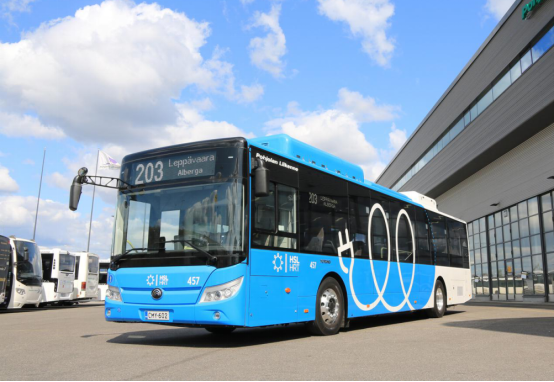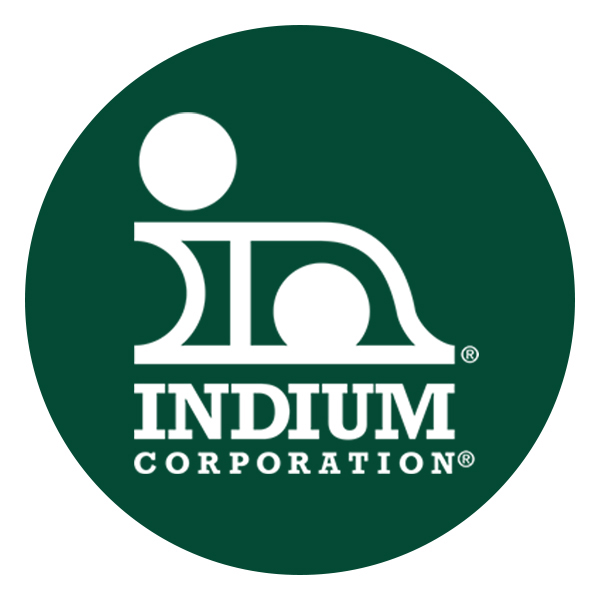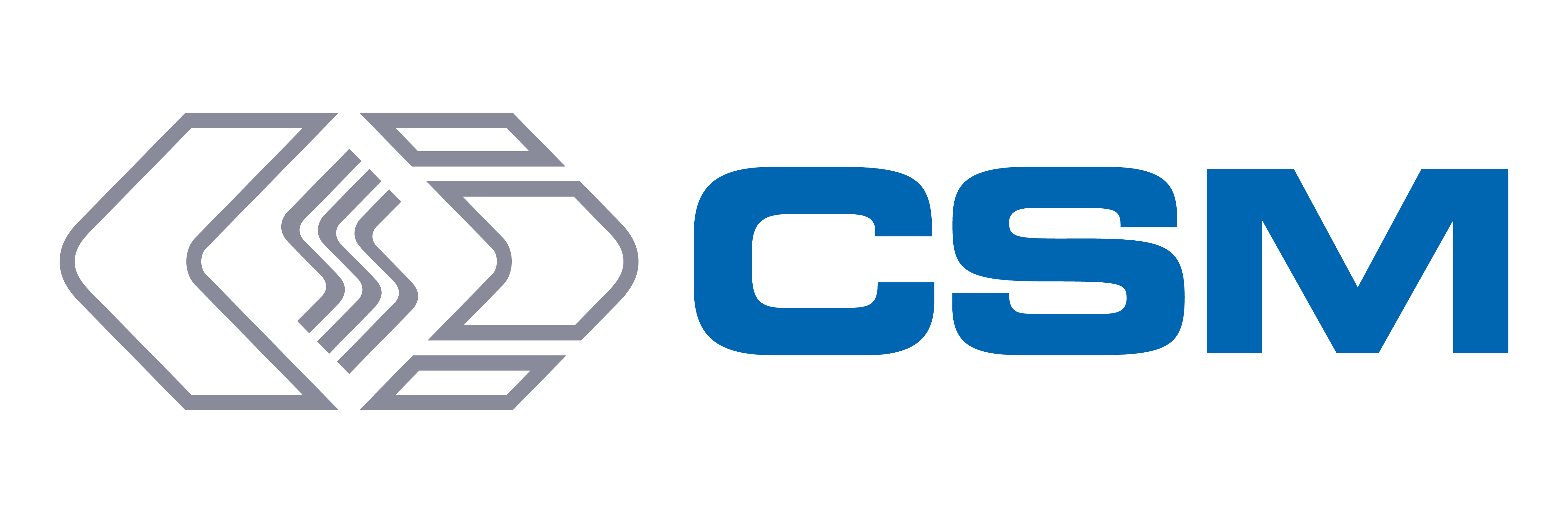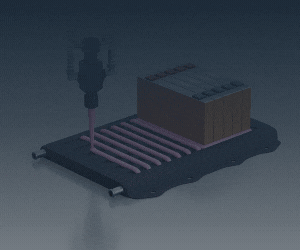SiC chips board buses in China

Power modules from StarPower Semiconductor are using the next generation of SiC semiconductors for the first time for electric buses in China (writes Nick Flaherty).
Bus maker Zhengzhou Yutong Group is using a 100 A, 1200 V SiC MOSFET transistor from Cree for the StarPower module in an 800 V powertrain design
This will provide the first electric bus design in China to use the SiC widebandgap semiconductor MOSFETs for higher efficiency by switching at 100 kHz.
A key measure for the performance is the on-resistance. The MOSFET has an on-resistance of 20 mΩ at 25 C, but this increases to 38 mΩ at 175 C, with a resulting fall in the current to 74 A at that higher temperature.
The 62 mm module houses six SiC transistors in a full-bridge configuration to provide 150 kW of power. The module’s design incorporates sintering rather than solder to attach the MOSFETs directly to an isolated copper baseplate, which uses an aluminium nitride substrate without increasing the on-resistance.
The lifetime of the inverter is increased owing to the high contact strength between chip and substrate using this direct-bond technology. StarPower’s power cycling tests show a lifetime boost of up to 10 times for the module compared to soldered IGBT modules.
This also allows operation at higher temperatures, up 25 C to 175 C, giving Zhengzhou Yutong the design choice of increasing the output power at the higher temperature or extending the lifetime by opting for a lower temperature.
That flexibility can lead to a more cost-effective module by using a smaller SiC MOSFET.
StarPower has also developed a low-inductance package that supports operation up to 200 C. The six-package module is optimised for 150 kW and is certified to the Chinese automotive standard TS16949.
Last year Zhengzhou Yutong shipped nearly 21,000 electric buses that use silicon IGBT switches for the inverters, having shipped more than 120,000 large and medium-sized buses since 2017.
ONLINE PARTNERS































